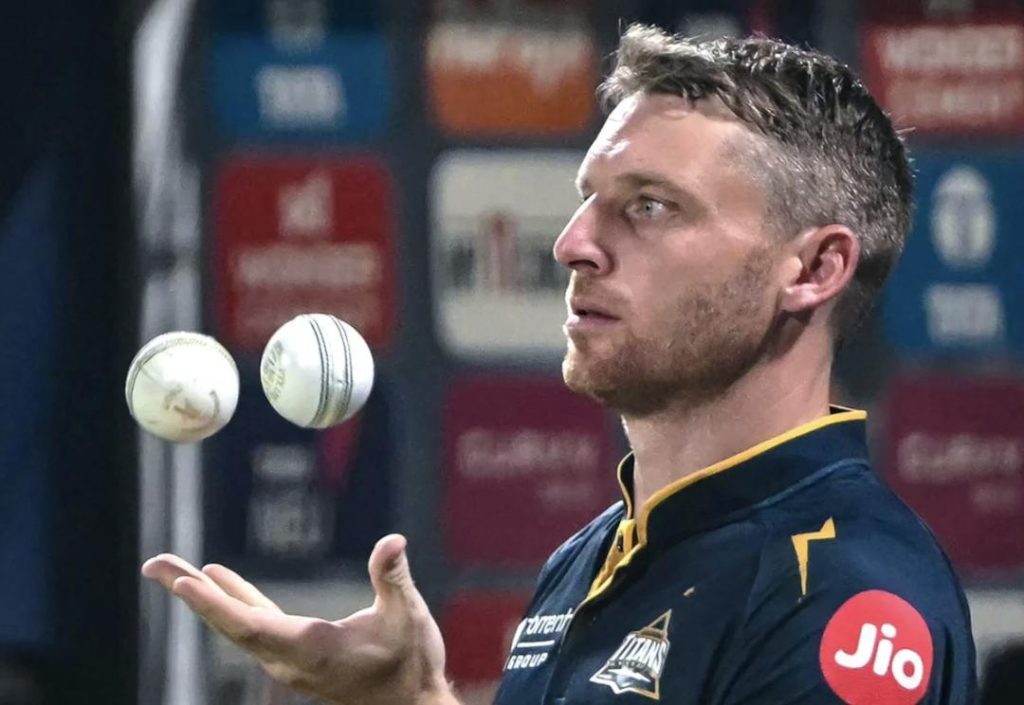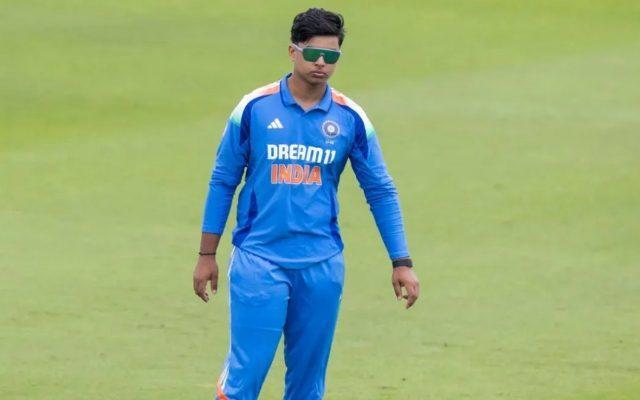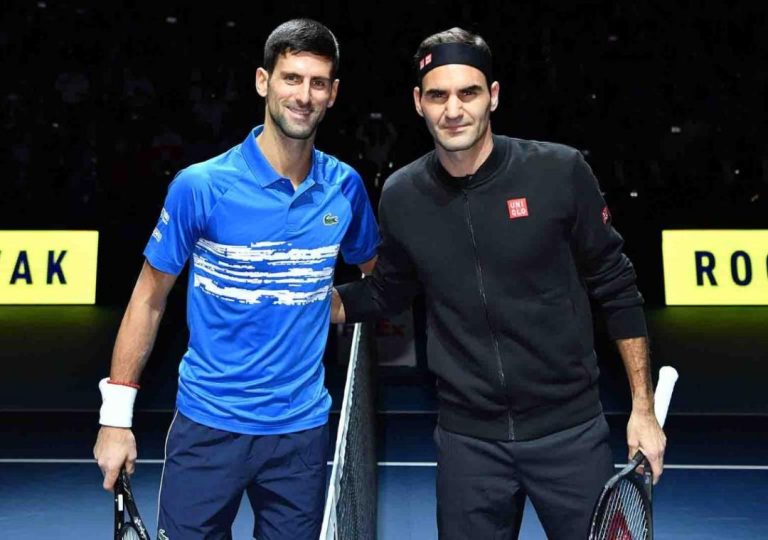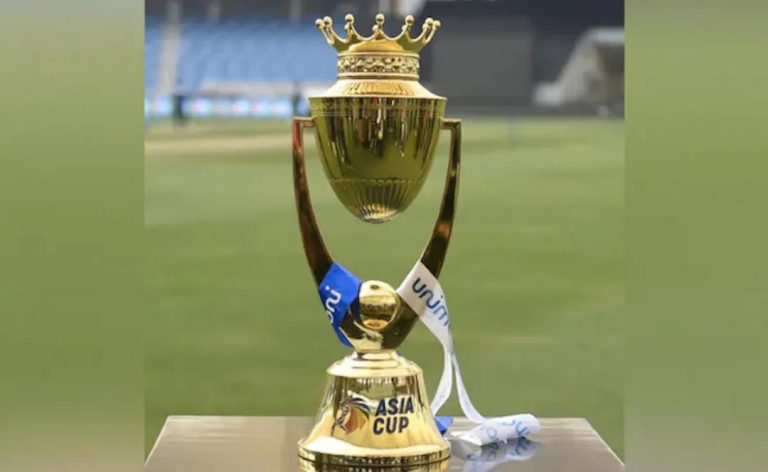
India’s Test Captain 3rd-Most Influential Person After PM: Buttler
Cricket is a game that transcends borders and brings people together like few other sports can. In India, cricket is not just a sport, but a way of life. The Indian cricket team has a massive following, and its captain is often viewed as a national hero. Recently, England batter Jos Buttler shed light on the immense influence that Indian cricket captains hold in the country, comparing them to the Prime Minister.
In an interview, Buttler praised India’s Test captain, saying, “He’s like the third or fourth most influential person in India after the Prime Minister.” This is a testament to the immense power and responsibility that rests on the shoulders of Indian cricket captains. They are not just team leaders but also role models, celebrities, and national icons.
Buttler’s comments may seem surprising to many, but they are rooted in the reality of Indian cricket’s massive following and the country’s love for the game. Cricket is the most popular sport in India, with millions of fans across the country. The Indian national team has a huge following, and its players are often treated like demigods. The team’s captain, in particular, is held in high esteem, with fans looking up to him as a leader and a role model.
The influence of Indian cricket captains extends far beyond the cricket field. They are often involved in various charity initiatives, social causes, and community development projects. They are also frequently invited to speak at events and conferences, sharing their insights on leadership, teamwork, and dedication. In many ways, they are ambassadors of the country, promoting Indian culture and values globally.
Buttler’s comments also highlight the unique challenges that Indian cricket captains face. They are under constant scrutiny, with every move they make being analyzed and criticized by the media and fans. They are expected to perform well on the field, lead from the front, and maintain a high level of discipline and commitment. They are also expected to be role models, setting a good example for young cricketers and fans across the country.
In recent years, Team India has had some outstanding captains, including Virat Kohli, MS Dhoni, and Rohit Sharma. Each of these captains has brought their own unique style and approach to the role, setting high standards for themselves and their teams. They have also been instrumental in India’s success in international cricket, leading the team to numerous victories and championships.
Buttler’s comments also underscore the level of stardom that Indian cricketers enjoy. They are often treated like celebrities, with fans flocking to see them in person or following their every move on social media. They are also often involved in high-profile endorsement deals, promoting various products and brands. In many ways, they are ambassadors of Indian culture, promoting the country’s values and traditions globally.
In conclusion, Buttler’s comments about Indian cricket captains being like the third or fourth most influential person in India after the Prime Minister are a testament to the immense power and responsibility that rests on their shoulders. They are not just team leaders but also role models, celebrities, and national icons. As cricket continues to grow in popularity around the world, it will be interesting to see how Indian cricket captains continue to evolve and grow, leading their teams to success on the field and inspiring fans across the country.






